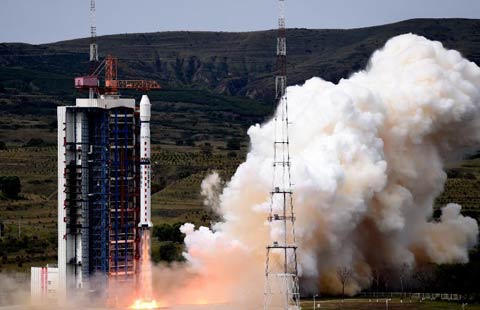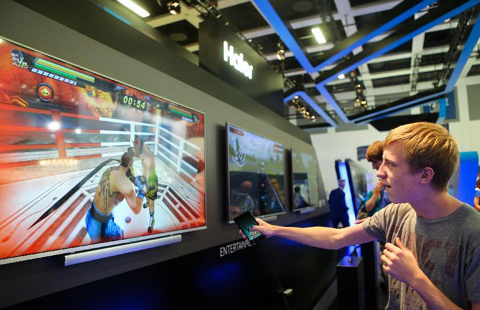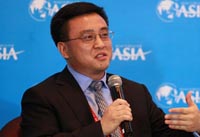Geopolitics cut into Japanese brands on mainland market
By Reuters (China Daily) Updated: 2014-05-28 06:56Unlike consumers in big urban areas like Beijing and Shanghai, residents of China's smaller cities tend to be less exposed to global brands and less aware of where they come from.
"One of the reasons for our success in China is that with growing recognition for Uniqlo as a high-quality brand, we are targeting middle-income consumers in China and provide identical product mixes at Uniqlo China and Japan," the company said in a statement emailed to Reuters.
|
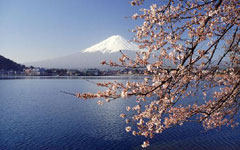 |
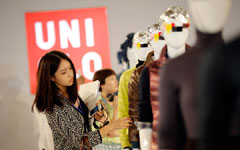 |
Other Japanese consumer and car companies were hit hard by a boycott that began after the 2012 protests. Most Japanese retail firms, such as Sony Corp and Panasonic Corp, do not disclose sales figures for China, but some executives say sales have yet to fully recover.
Some Japanese automakers saw sales fall by around half. Nissan Motor Co Ltd, the automaker most exposed to the world's largest car market, also cut its earnings forecast by 20 percent for the year ended March 2013.
For many Chinese, the saving grace of Japanese products is their quality. China's consumer goods sector has been beset with safety scandals ranging from tainted milk to fake parts, while Japanese manufacturing standards are seen as superior.
The geopolitics, however, continue to pull sales down.
"I don't boycott Japanese products intentionally because their products are good. You can't deny this," said Chen Huizhe, a 51-year-old engineer at a steel company from the eastern city of Hangzhou. "But if two products are equally good, then I prefer the non-Japanese one."
- Standard Chartered offshore RMB index rises slightly in July
- Shanghai-HK stock link to speed up capital market reforms: Barclays
- Relaxing restrictions on foreign investments
- Fujian on course to help create the new maritime Silk Road
- Foreign investors set sights on new targets
- UK looks to diversify in China
- Malaysia keen to expand trade ties
- HK still top choice for mainland firms
